Our Priorities
Explore Our Priorities to Support the Milling Industry
Farm Policy
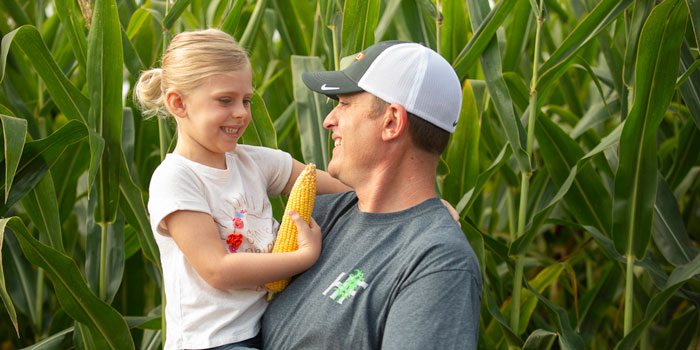
The farm bill and its farm programs were established to support U.S. producers who are the foundation of the most abundant, high-quality food supply in the world.
Food Regulations
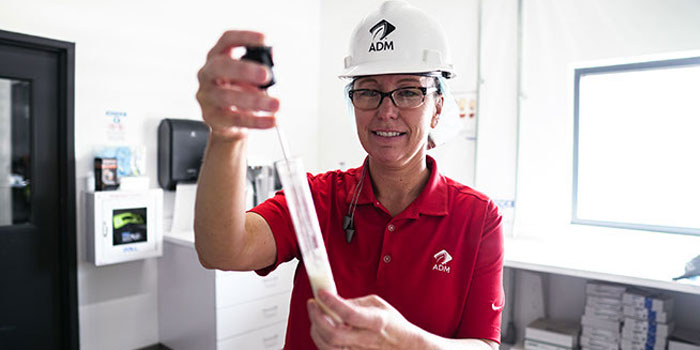
The grain milling industry is subject to various federal regulations, from the United States Grain Standards Act to the Food Safety Modernization Act (FSMA).
Grain Research

NAMA supports agricultural research to improve grain quality, disease resistance, and yield potential.
International Food Aid
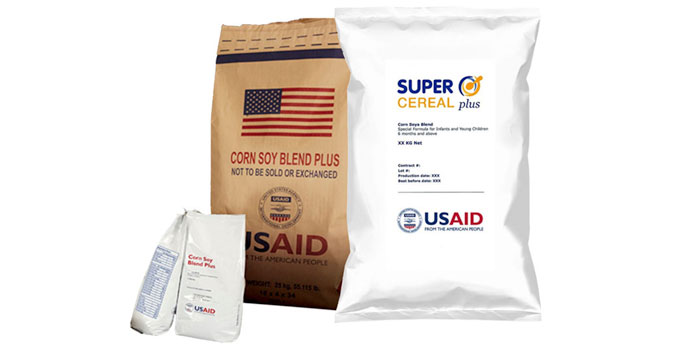
The U.S. has a long history of administering the largest, most diverse, reliable, safe, and effective international food assistance program in the world.
Nutrition
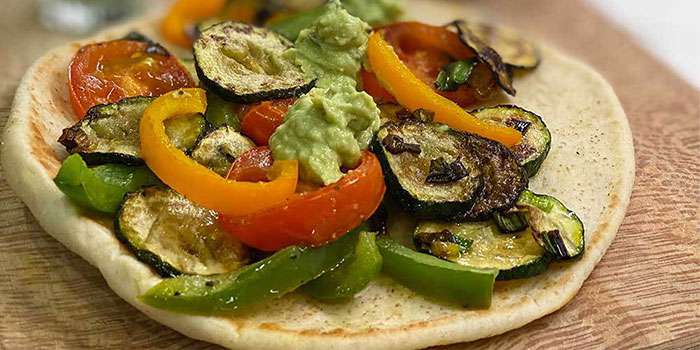
Grain foods are affordable staples that create the foundation for a healthy and balanced diet for American consumers and people around the world.
Sustainability
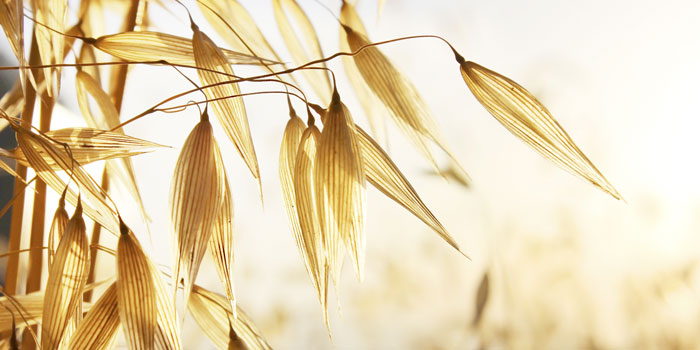
Milling is a sustainable part of the highly productive U.S. food system.
Transportation
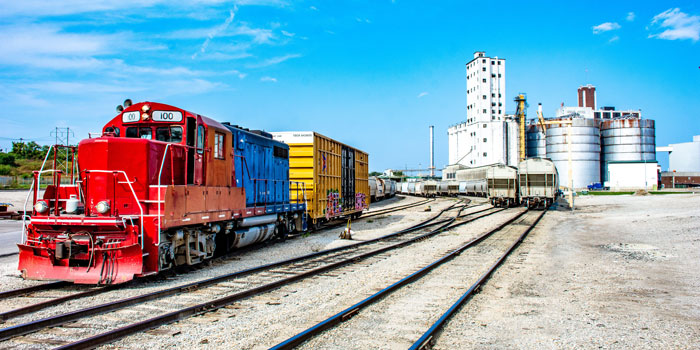
Transportation is a key component in getting low-cost, nutritious foods to consumers.
Worker Safety
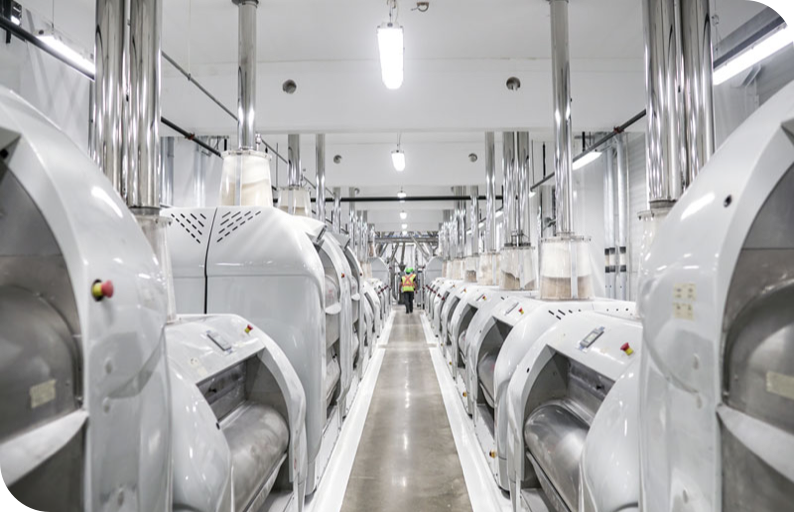
The milling industry is committed to the safety of its workers. NAMA monitors regulations from the Occupational Safety and Health Administration and other agencies that impact the workplace.
